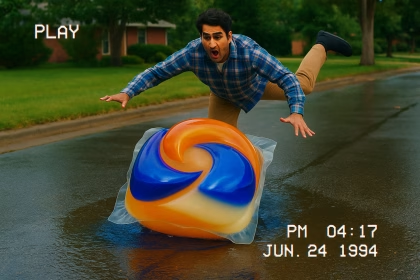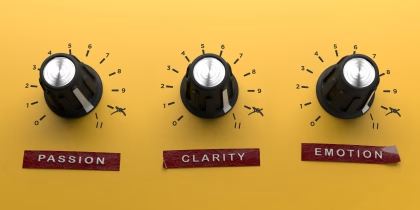There are millions of people in the world who have been diagnosed with dementia and this condition not only directly affects the patient, but also their family members and caregivers; That is why it is sought to have a verdict in which it can be reliably seen if a person suffers from dementia. The way to know if the patient have dementia, is doing a test, one of the most famous tests is the Mini-mental State Examination (MMSE) this is test that is formed by five different sections: Orientation Registration, Attention and calculation, Language, Deferred memory; where it will seek to implement new parameters that will be recollected during al the test with a non-invasive sensor named shimmer, such as emotional response through facial expression analysis, galvanic skin response, heart rate and image similarity, using iMotions and OpenCV; the collected data is useful to the doctors to have an insight about the patient and they can give a better diagnose, and they can see the most difficult part to the participant.
Related Posts
-

More Likes, More Tide? Insights into Award-winning Advertising with Affectiva’s Facial Coding
Consumer Insights
-

Why Dial Testing Alone Isn’t Enough in Media Testing — How to Build on It for Better Results
Consumer Insights
-

The Power of Emotional Engagement: Entertainment Content Testing with Affectiva’s Facial Expression Analysis
Consumer Insights
-

Tracking Emotional Engagement in Audience Measurement is Critical for Industry Success
Consumer Insights



